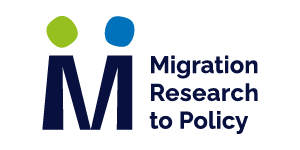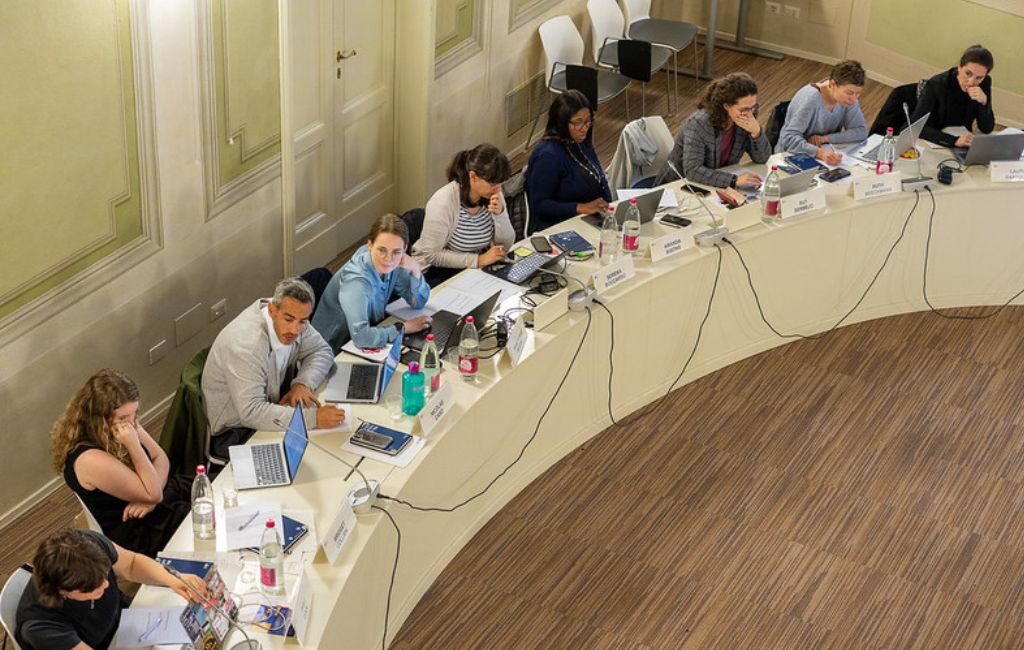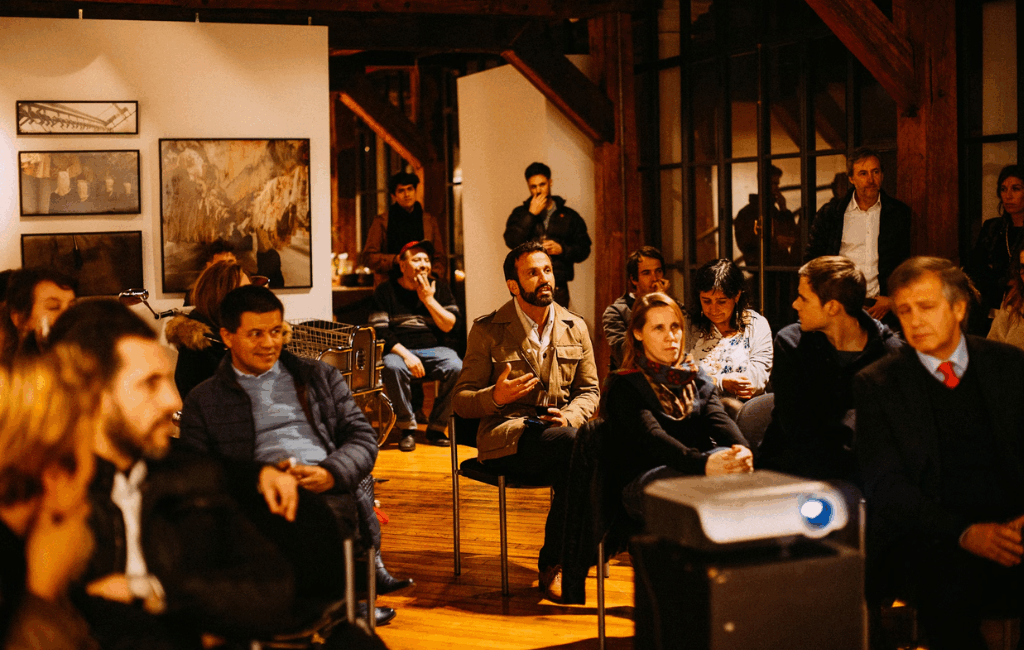
Engagement hub
Engaging policymakers: practical approaches for legal academics
Author
About
Dr Meltem Ineli Ciger
engagement approaches
Legal professionals face unique challenges when communicating with policymakers. The precision and complexity inherent in legal scholarship—laden with technical terms, case law references, and statutory frameworks—can create barriers to understanding for those outside the legal field. Policymakers, often focused on practical solutions and pressed for time, may find it difficult to engage with dense legal analyses.
Through my work as an Associate Professor of International Law, I am often in dialogue with policymakers from international and EU institutions, Member States, and Turkish migration and human rights authorities about international, EU and Turkish asylum and migration law. What have I learned from these experiences? In this short, I share strategies for overcoming common challenges in translating legal research into actionable insights.
Key challenges for legal academics
For legal academics, the challenge of effective communication is intensified by the complexity of law. Legal terminology and specific frameworks, such as certain EU and national laws and case law, are concepts we, as lawyers (or legal professionals), are deeply familiar with and may assume others understand as well. At a recent EU asylum law conference, I attended a session where the debate centered around the Court of Justice of the European Union’s case law on externalisation and safe third-country concepts. During the discussion, a non-lawyer colleague with extensive migration experience admitted to feeling lost; the speakers referenced only article numbers and judgment paragraphs, with no one explaining their content. These specialised terms, laws and principles can make it difficult to present legal issues clearly to a broader audience. As legal researchers, we must adapt our communication strategies to bridge this gap.
Another challenge lies in how research is sometimes presented—often not resonating with the practical challenges and political context as policymakers see it. Balancing the rigour of legal scholarship with the need to develop shared perspectives is essential for creating a productive space for meaningful dialogue. My own experience has given me some insights into how to foster productive dialogue, create opportunities for sustained engagement and present findings that are not only rigorous but also timely and relevant to the policymaking process. While researchers should not limit their work solely to topics that are for the benefit of policymakers, those legal academics whose work intersects with policy, such as myself, need to try their best to maximise the impact of their research on real-world applications.
Here are strategies I’ve found helpful:
- Engage early: one of the most effective strategies is involving policymakers early in the research or policy design stages. Simply inviting them to listen to project outcomes or participate as panellists in a final conference rarely works, they often use the opportunity to voice their opinions and then leave. However, when policymakers are brought into the process before conclusions are drawn, they feel more included and are more likely to see the relevance of your research to their work.
- Tailor your message: the way you explain your work and the legal terminology you use should reflect your audience’s knowledge level, educational background, career stage and whether the policymaker is a specialist or a generalist. For example, when I train recruits at a national migration unit, I use simpler language and provide practical, day-to-day examples. However, when meeting with department heads in a closed-door session, I present more complex material and use all the legal terminology, focusing on high-level insights and strategic recommendations.
- Be practical and clear: it is essential to provide a structured outline of your key findings, accompanied by practical recommendations. Whether it is a presentation to or a direct cosultancy with policymakers, researchers should focus on answering two key questions: ‘What do I want policymakers to learn from my research?’ and ‘How can they implement this in their work?’.
- Ask their opinion: make the conversation two-sided, seeking policymakers’ feedback, to ensure they feel included and valued. At the end of a meeting, I always ask for their thoughts on what I have presented and whether it is relevant. I then consider how I can incorporate their feedback into future reports or publications. If their feedback is very critical, I reflect on if there are any constructive points I can use.
- Emphasise alignment first: frame criticism constructively. Starting a conversation with harsh criticism can put policymakers on the defensive. Instead, it is more effective to highlight areas where policies are working well before introducing criticism and suggestions for improvement. I learned the hard way that starting with harsh critiques, especially on sensitive issues like human rights violations can make policymakers less open to listening. Now, I start with areas where their policies are effective, which sets a positive tone before introducing suggestions for improvement. This approach has made a real difference in how receptive policymakers are to my ideas.
- Engage early: one of the most effective strategies is involving policymakers early in the research or policy design stages. Simply inviting them to listen to project outcomes or participate as panellists in a final conference rarely works, they often use the opportunity to voice their opinions and then leave. However, when policymakers are brought into the process before conclusions are drawn, they feel more included and are more likely to see the relevance of your research to their work.
Above all
More than anything, position yourself as a trusted resource and foster long-term relationships to have policymakers seek your input, engage in public discussions, offer clear advice, and demonstrate a deep understanding of the issues they face. This helps build credibility over time.
This is not very easy to achieve, I know. Starting out as a young, early-career, non-EU female researcher, I often encountered scepticism in high-level meetings and conferences and was often not perhaps taken seriously especially in my 20s. However, I found that choosing original, policy-relevant topics that no one else was researching allowed me to carve out a niche as an expert. Once you start regularly working with certain policymakers, get to know their level of experience and personality and deliver clear, relevant outcomes grounded in solid legal analysis, trust begins to build and overtime, researchers can position themselves as reliable partners in shaping policy.
For legal academics, the complexity of legal terms and frameworks adds to this challenge. But by engaging policymakers early, tailoring messages, providing clear recommendations, seeking feedback, and building trust, legal academics can have more success at bridging the gap between academia and policy.
Dr Meltem Ineli Ciger is an Associate Professor at Suleyman Demirel University and an Associate at the Migration Policy Centre.
Submit your idea for a ‘short’ to be featured on the Co-Lab.












